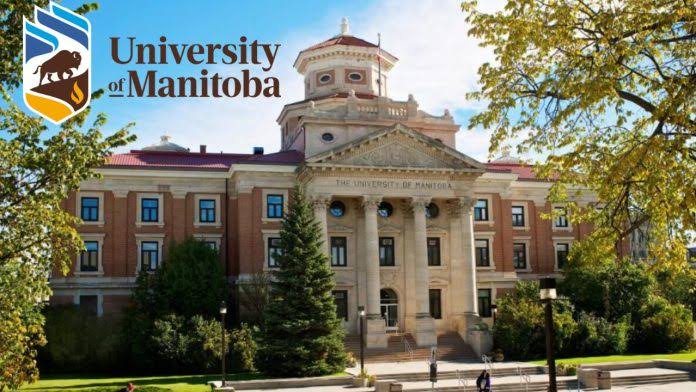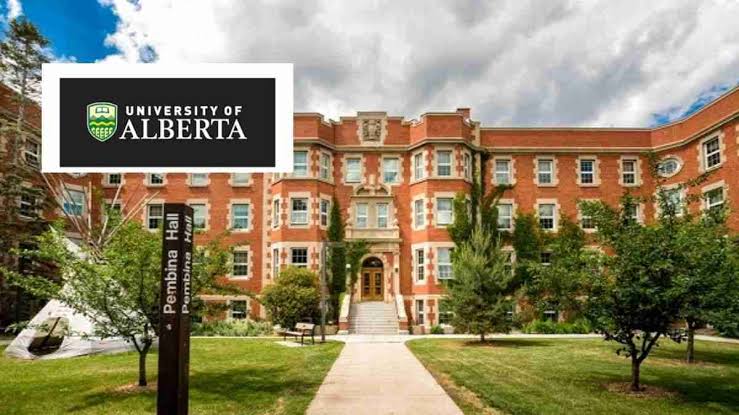Education in Canada plays a significant role in shaping the journey of many immigrants. With its world-renowned institutions and a reputation for academic excellence, Canada has become one of the most sought-after destinations for international students. But beyond the classroom, education is increasingly seen as a strategic stepping stone toward gaining permanent residency and establishing long-term roots in the country.
The Canadian immigration system places strong emphasis on skilled individuals who can contribute to the economy and adapt quickly to life in Canada. For that reason, those who study in the country are often in a better position to meet immigration criteria. Canadian education provides students with recognized credentials, work experience, and linguistic skills, all of which are valuable under the points-based immigration framework.
In recent years, particularly in 2025, policy changes have continued to strengthen the link between education and immigration. Graduates from designated institutions now enjoy more streamlined pathways to permanent residency through federal and provincial programs. This approach ensures that the country not only attracts talent but also retains it after graduation.
Post-Graduation Work Opportunities
A major advantage for international students in Canada is the Post-Graduation Work Permit (PGWP). This program allows graduates of eligible Canadian post-secondary institutions to work in Canada for up to three years after completing their studies. The length of the permit depends on the duration of the academic program, and it gives graduates the freedom to gain crucial Canadian work experience.
The PGWP serves as a bridge to permanent residency. Candidates with Canadian work experience gain extra points in the Express Entry Comprehensive Ranking System (CRS), improving their chances of receiving an Invitation to Apply (ITA). This route is particularly attractive because it allows individuals to transition from temporary status to permanent residency without leaving the country.
Graduates who work under the PGWP often find employment in fields aligned with their education, especially in high-demand areas such as healthcare, information technology, engineering, and business. In 2025, additional incentives were introduced to prioritize PGWP holders working in regional areas or emerging industries like green technology and artificial intelligence.
The ability to earn an income, build a professional network, and understand Canadian workplace culture positions students as ideal candidates for long-term immigration.
Education and the Express Entry System
The Express Entry system remains one of the most popular routes for skilled immigrants, and education is a key factor in how candidates are ranked. Applicants are awarded points based on the level of education they have achieved, with additional points given for Canadian credentials.
The point distribution in the Comprehensive Ranking System (CRS) for education is as follows:
- High school diploma: 30 to 90 points
- One-year post-secondary credential: 90 points
- Two-year post-secondary credential: 98 points
- Bachelor’s degree: 120 points
- Master’s degree or professional degree: 135 to 150 points
- PhD: Up to 150 points
Additionally, candidates with Canadian education can earn bonus points—up to 30 points—on top of their CRS score. This makes a significant difference in cut-off thresholds during Express Entry draws. Canadian-educated applicants often have higher scores than their foreign-educated counterparts, even with similar work experience or language proficiency.
Education also intersects with other key factors in Express Entry, including language skills and work experience, creating a multiplier effect that enhances a candidate’s overall competitiveness.
Provincial Nominee Programs Favoring Graduates
In addition to federal pathways, almost every province in Canada has tailored immigration streams under the Provincial Nominee Program (PNP) for international graduates. These streams are designed to retain talent locally and meet specific labor market needs within the province.
For example:
- Ontario offers the International Student Stream, allowing graduates with job offers in eligible roles to apply for nomination.
- British Columbia provides a Tech Pilot that fast-tracks permanent residency for graduates in STEM fields.
- Manitoba and Saskatchewan offer graduate retention pathways targeting students who studied and now work in the province.
- Nova Scotia and New Brunswick run graduate streams that do not require a job offer, making them ideal for newcomers seeking flexibility.
These PNP options often come with lower CRS thresholds and priority processing, giving graduates a competitive edge in the immigration landscape. In 2025, several provinces also launched new graduate entrepreneur pathways, allowing students to start a business and apply for permanent residency through economic contribution.
By earning a degree in Canada, applicants open doors to multiple streams—some of which are not even accessible to those educated outside the country.
Language Proficiency and Cultural Adaptation
Education in Canada also boosts a key requirement for immigration: language proficiency. International students are immersed in an English- or French-speaking environment, which naturally improves their communication skills over time. This immersion has a positive effect on results in standardized tests like IELTS or CELPIP, which are often necessary for immigration eligibility.
In 2025, Canada began recognizing academic language scores from specific Canadian programs as partial substitutes for traditional English-language tests, making the process easier for graduates. For example, students who complete certain academic writing and communication courses are granted exemptions or equivalency points under Express Entry and PNP systems.
Beyond language, studying in Canada helps immigrants become culturally adapted. They learn how to navigate healthcare, banking, employment, and social systems—all of which ease integration into Canadian life. This cultural understanding is invaluable and often gives graduates a head start compared to newcomers arriving directly from abroad.
Students also form relationships and networks that can later turn into job leads, mentorships, and even business partnerships. The experience of living and studying in Canada creates a well-rounded foundation for permanent settlement.
Long-Term Benefits for Families
Investing in Canadian education doesn’t just benefit the student—it has positive ripple effects on family members. Spouses of international students are often eligible for open work permits, allowing them to work anywhere in Canada while their partner studies. Dependent children can attend public schools free of charge, which makes the country attractive for families seeking stability and long-term growth.
After completing studies and obtaining permanent residency, graduates can sponsor spouses, children, and even parents under family reunification programs. Many former students eventually transition to Canadian citizenship, enjoying full rights and privileges, including voting and access to public programs.
Over time, the initial decision to study in Canada transforms into a life-changing pathway that benefits not just one individual, but an entire household. Education thus serves as a powerful immigration tool with generational impact.
Conclusion
In Canada, education is far more than a pursuit of knowledge—it is a strategic route to permanent residency, career growth, and integration into society. With numerous immigration pathways tailored for graduates, education provides both immediate and long-term advantages.
In 2025, as immigration policies continue to favor those who can contribute meaningfully to Canadian society, pursuing an education in Canada remains one of the most reliable and effective ways to achieve permanent settlement. For those with ambition, resilience, and a desire to belong, the classroom is often the first step toward calling Canada home.




This is good